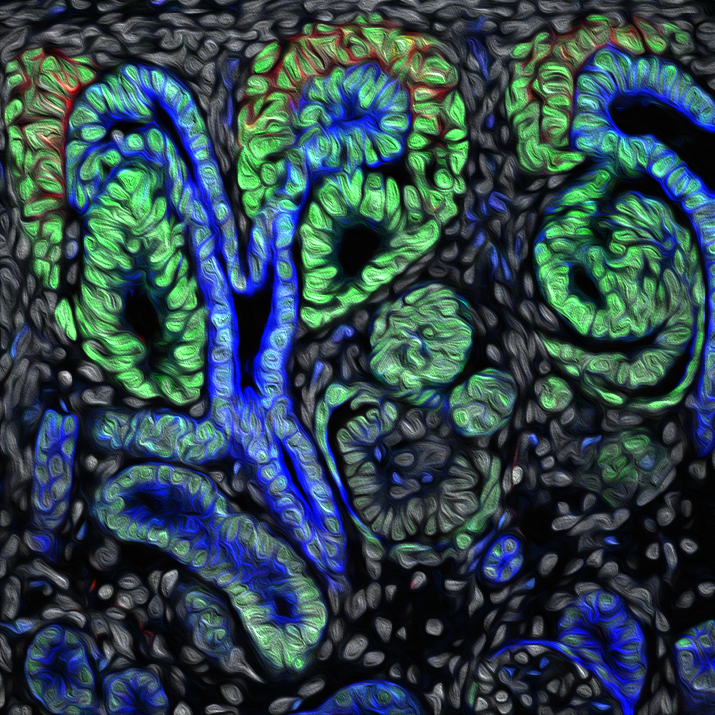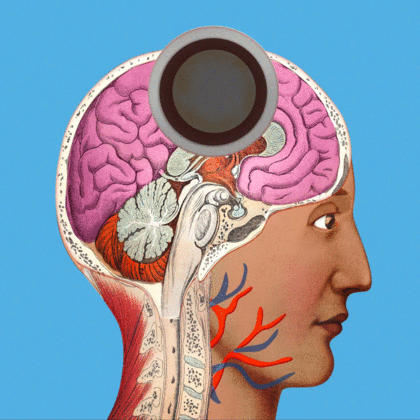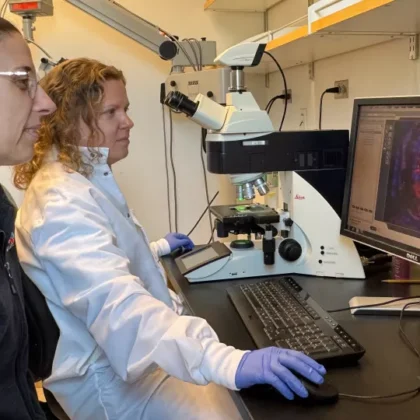Each year, approximately 100,000 patients in the U.S. are in need of a kidney transplant, yet only about 20,000 donor organs are available. To help close this gap, a team of scientists led by Zhongwei Li is working to build a synthetic kidney grown from human stem cells. These stem cells will follow early developmental processes similar to normal embryonic kidney development, and then complete their maturation inside of the recipient’s own body.
USC Stem Cell scientists are advancing our understanding of how the body develops, maintains and repairs the kidney and urinary system. They are also developing new regenerative treatments for patients with kidney injury and disease, bladder disorders, and urinary incontinence.



















